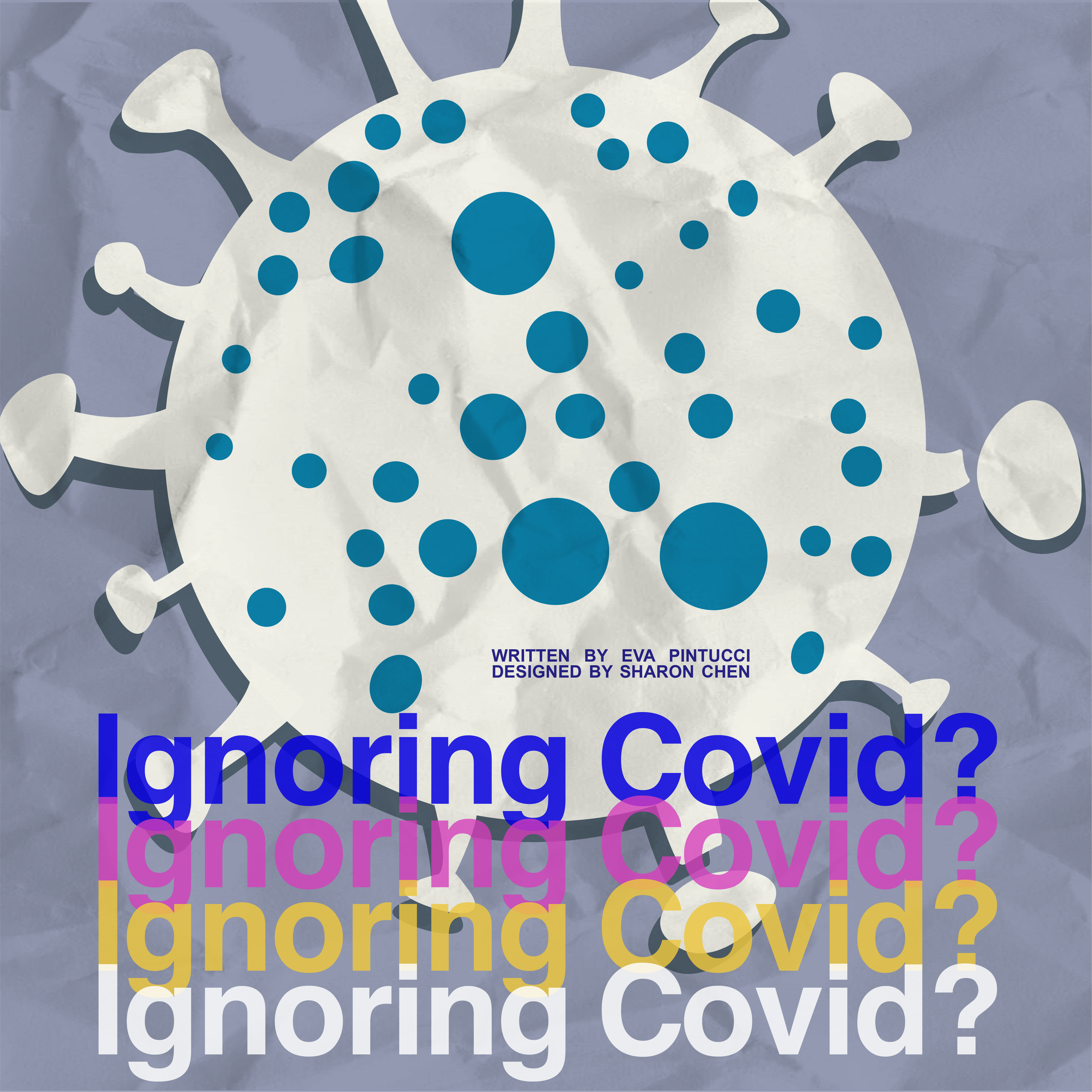
The rising COVID-19 cases this past December brought back the eerie feel of March 2020 all over again, as talk of quarantine and double masking resurfaced in the news as we entered 2022. It felt as if all the progress with vaccination might be lost with the rise of the new Omicron variant ransacking all parts of the country. But, local and national public health policy has taken a different unexpected turn to remove mask mandates and loosen public event restrictions, and many private colleges and universities in the greater Boston area have followed along.
Coming back to campus in January was filled with a great deal of uncertainty about how the spike of cases would impact daily life and the spread of the virus, as Northeastern University made the decision to eliminate isolation housing from the COVID protocol. The university directly stated that they would be shifting their mindset “to approach COVID much more like a cold or flu” due to its “low risk for healthy, vaccinated individuals”.
This change in approach is evident in comparison to the more restrictive stance that has been taken by Northeastern from the beginning of the pandemic, such as the infamous expulsion of 11 students for gathering without face masks during the Fall of 2020, widely known on campus as the “Westin 11.” This strict punishment made headlines on national news sources, such as the New York Times, for being particularly harsh in comparison to other universities across the country.
However, this semester, along with the removal of quarantine housing, the university has terminated weekly mandatory surveillance testing, the use of the Daily Wellness Check to enter public spaces, and the enforcement of masks for indoor locations, all before the midway point in the semester. This drastic switch in approach has led to many differing opinions within the student body, all surrounding the same question: Is Northeastern ignoring COVID, and putting students, faculty, and staff at risk? Some students have felt that the school is not taking the pandemic as seriously as it should be. “I think that the university’s decision to move away from tracking and preventing COVID is too soon considering the virulence of Omicron, even with the use of masks” said Sofia Cassim, a first-year public health major. Cassim also said she is “shocked that Northeastern [removed] isolation housing considering how quickly Omicron spreads.” She feels this is especially harmful for students who live in doubles or triples.
In contrast, other students such as Molly McAlevey, a first-year biology major, said she is “relieved to not have to wear a mask in a hot, crowded organic chemistry lecture.” However, McAlevey also recognized the “flaw in the university’s decision to remove both testing and masking protocol,” and stated that in her opinion, Northeastern “should have kept one or the other” of the policies.
With the student body feeling a mix of relief, anxiety, and uncertainty of the consequences of this new normal, only time will tell how this shift will impact the daily life and health of students and staff at Northeastern. As the weather gets warmer – and with cases having been on a steep decline since January – the hope is that Northeastern’s more relaxed and endemic approach to the virus will serve as a positive step in the right direction that facilitates liveliness in the classroom and in the community as a whole.